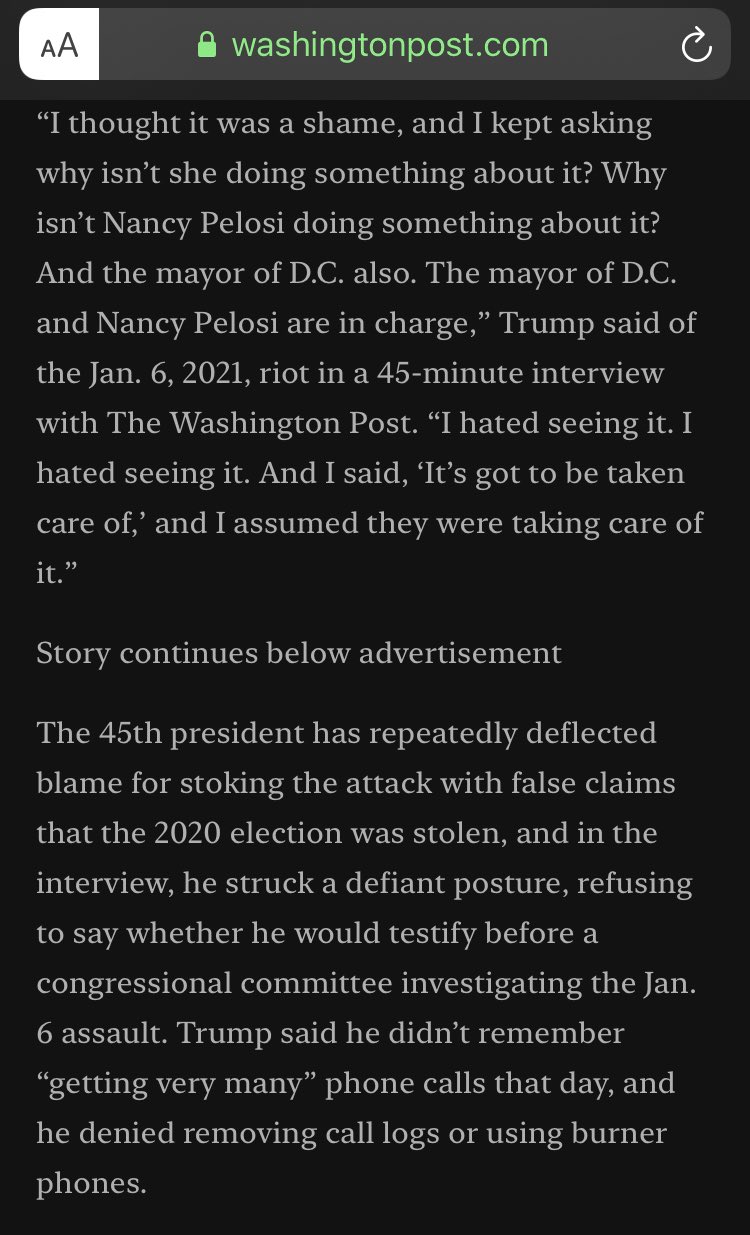Is the world witnessing a resurgence of political maneuvering and strategic communication, where the focus shifts from solutions to the allocation of fault? The events of the day suggest a landscape where assigning blame has become a dominant force, often eclipsing the pursuit of resolution and accountability.
The current geopolitical climate is experiencing a significant shift, a series of events have recently unfolded, painting a complex picture of power dynamics and public perception. These incidents, occurring in distinct locations and involving different actors, share a common thread: the pervasive tendency to deflect responsibility and allocate culpability.
| Event | Key Players | Central Issue | Response |
|---|---|---|---|
| Hostage Crisis in Gaza | Hamas, Israeli Forces | Management of Captives Amidst Conflict | Hamas issued instructions on handling captives; reports of hostage deaths emerged. |
| Wildfires in California | Donald Trump, Gavin Newsom, Karen Bass | Response to Natural Disaster and Political Implications | Trump criticized Newsom; Bass faced criticism; debate on funding and responsibility arose. |
| Political Turmoil in Washington | Donald Trump, Various Political Figures | Leadership in Times of National Peril | Blame shifting, deepening political divides, and calls for accountability were prevalent. |
| Border Crisis and Growing National Outrage | Trump Administration, Homeland Security | Administration's policies and handling of the situation | Focus on blame deflection, with the administration defending its actions amid public outcry. |
| Capitol Riot Aftermath | Donald Trump, Democrats, GOP Lawmakers | Accountability and the Aftermath of the Capitol Riot | Arguments over removal, and immediate plans were brought in effect. |
| Coronavirus Outbreak in China | Xi Jinping, Party Officials | Handling of the Coronavirus Outbreak | Party officials were dismissed, reflecting efforts to control the crisis and manage the narrative. |
The situation in Gaza has taken a distressing turn. The statement by Hamas official Abu Ubaida, outlining instructions for managing captives, arrived concurrently with the grim discovery of more deceased hostages. Simultaneously, the Israeli military’s claim that these hostages were killed shortly before their forces could reach them adds to the tragic narrative. The immediate focus is not on the release of hostages or the resolution of the conflict, but on the intricate choreography of assigning blame. This tragic event highlights the harsh realities of modern warfare, where the lives of civilians are often caught in the crossfire. It also serves as a stark reminder of the human cost of political disputes.
In California, as wildfires rage, the political landscape is again being shaped. President-elect Donald Trump's attempts to place the blame on Governor Gavin Newsom for the devastating fires mirror a common tactic: using a crisis to gain political advantage. Los Angeles Mayor Karen Bass has also come under criticism, highlighting the high stakes of crisis management and the swift judgements made in the court of public opinion. Such developments cast a harsh light on political figures. These individuals are not just tasked with governing; they are also in a constant battle to protect their reputations and influence public opinion.
Amidst the backdrop of national discord and political division, the tendency to deflect responsibility becomes even more pronounced. A news conference held at Trump Tower saw further emphasis on blaming others. This event underscores a pattern of behavior that has become a characteristic of the current political climate. The result is not merely a lack of leadership in moments of national challenge, but also a deepening of the existing estrangement between different political factions.
The question of who to blame is also prominent in discussions concerning border issues, with the administration attempting to navigate the moral and legal ramifications of its policies. This underscores the tension between legal enforcement and the need for humanitarian aid. This approach, prioritizing the deflection of blame, not only obscures accountability but also undermines the potential for constructive dialogue and reform.
The aftermath of the Capitol riot further exemplifies this trend. Instead of coming together to condemn the violence and seek common ground, top Democrats and some Republicans immediately cast responsibility on President Donald Trump. This response showcases the deep political divisions of the moment, where the need to protect one's political position takes precedence over national healing and the pursuit of justice. The focus remains on punishment and political advantage, leaving the task of healing and reconciliation unaddressed.
The crisis in the Hubei Province of China, centered around the Coronavirus outbreak, offers yet another example of blame shifting and image control. The dismissal of two party officials is presented as a move to contain the crisis. But, at the same time, it underscores an inclination to control the narrative and deflect any criticism from the higher echelons of power. As a result, the focus shifts away from the central issues: the cause of the outbreak and how to prepare for similar events.
The events examined in this analysis show an unsettling trend. Whether it is a political official, a natural disaster, or the horrors of war, the impulse to deflect blame often seems to prevail. The impact of such a political strategy is far-reaching. It has serious consequences. It hampers the search for justice, prevents effective solutions, and further erodes public trust in our institutions and leaders.
The need for accountability and resolution is clear. In an age of crisis, the focus on apportioning fault diverts attention from more important goals. Only by moving away from the tendency to deflect blame and towards a commitment to transparency, justice, and collaborative action can we hope to build a more resilient and equitable future.



